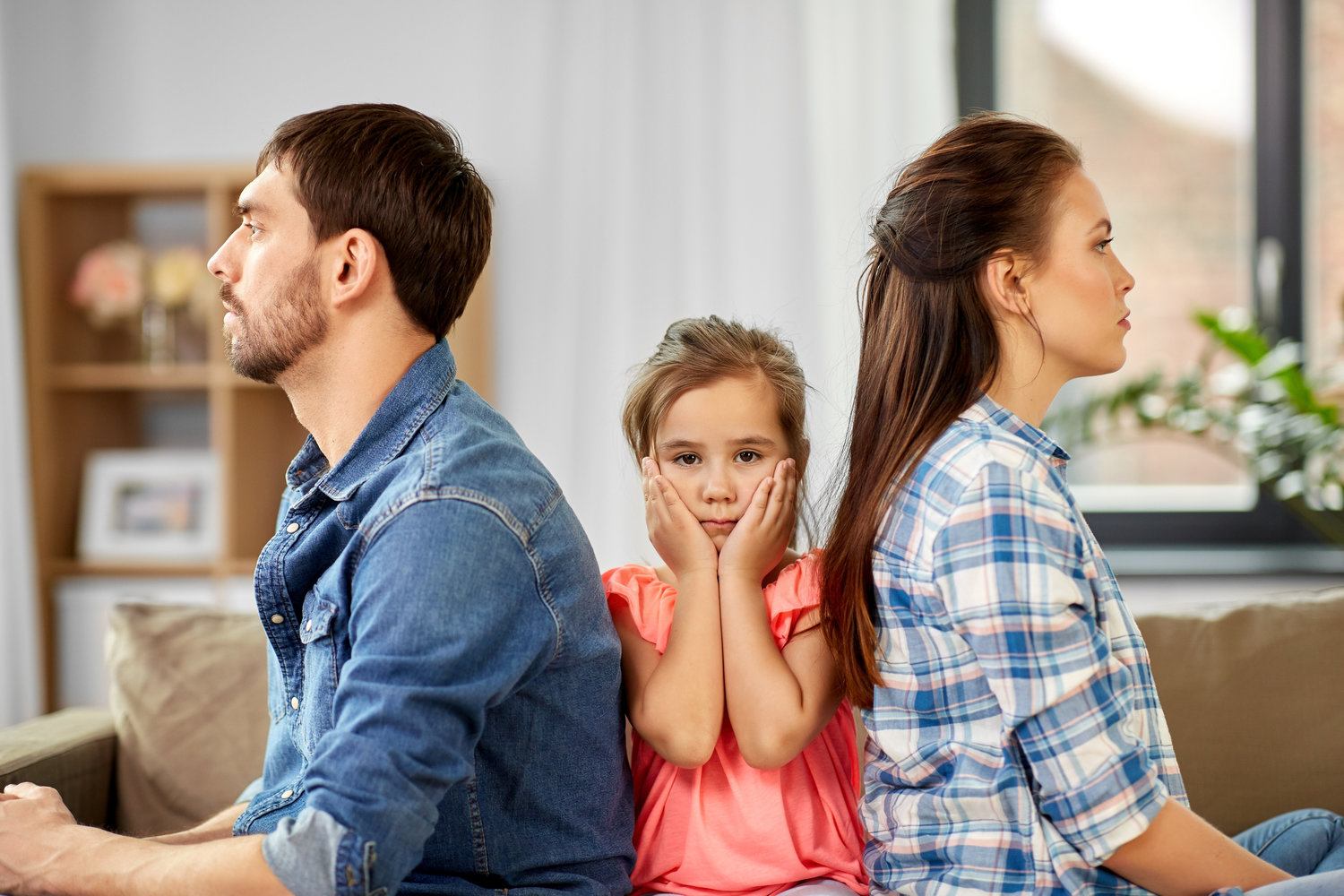
Toxic relationships have a way of hurting the two people directly involved, but the damage often extends beyond the couple to include those closest to them – like children.
While you may think you’re doing the best thing by gritting your teeth and continuing your marriage, could your toxic relationship with your spouse actually be hurting your children and damaging their growth and development? And if so, what’s the best course of action?
What is a Toxic Marriage?
Marriage is a huge challenge – the biggest challenge, perhaps. And while nobody fully knows what they’re getting into when they choose to marry their partner, it’s easy for things to spin out of control.
Signs and symptoms of a toxic marriage include contempt, constant quarreling, secret-keeping, emotional distance, silence, and/or physical and emotional abuse.
“When warning signs first appear, we may try to rationalize them as normal—after all, no relationship is perfect. And it is very hard to admit to something as important as one’s marriage showing signs of trouble,” says Inna Khazan, PhD. “And while it is absolutely true that no relationship is perfect, it is important to distinguish between imperfections we are willing to live with and those we are not. Once problems we are not willing to live with start to snowball, it may become particularly difficult to address them.”
If you believe your marriage is becoming toxic – or has already reached that point – it’s important to consider how it’s impacting your kids.
How It’s Impacting Your Kids
Children are like little sponges – they soak up everything around them, regardless of whether it’s good or bad, right or wrong, normal or strange. If you and your spouse have a toxic relationship, here are some ways it could be negatively impacting your kids:
- Unrest. The world is a messy, twisted place. If children aren’t able to find solace in the comfort of their own homes, where will they ever find it? A toxic marriage infiltrates the sacred nature of the home and creates unrest. This causes children to feel uneasy. If they feel like they have to walk on eggshells, it’s hard to develop confidence.
- Low self-esteem. In order for children to grow into confident adults, they need a strong footing that helps them establish high self-esteem. Sadly, children who are closely involved with toxic relationships tend to have very low self-esteem that can take years to overcome.
- Distorted view of marriage. Do you want your children to grow up thinking your marriage is normal? Doing so could lead them to enter into their own toxic and abusive relationships. Good or bad, your marriage will set the tone for your family tree.
- Stress and anxiety. Research shows that when parents are in a toxic relationship, the conflict actually creates a physiological response in children. When they see their parents fight, they experience cardiac stress and significant increases in cortisol. This interferes with their mental and intellectual development.
- Guilt and shame. Young children don’t understand why their parents fight and will often internalize their feelings. Sadly, this often leads children to develop a sense of guilt and shame as they wonder if they’re the reason for their parents’ constant quarreling.
These are just a few of the negative byproducts of a toxic relationship. Every marriage is unique and children receive these signals differently. It’s important to be emotionally aware of how your marriage is influencing your kids.
Here’s What You Can Do
While most experts tell parents that staying together is the best possible outcome for everyone involved, the reality is that many children would be better off if their parents were to divorce.
“Research has shown the negative effects of long-term exposure to conflict on children,” Scott M. Brown & Associates explains. “Reducing the tension in the home by removing the fighting between the parents will result in less stress for the children.”
Then there’s the added effect of your increased happiness. With a toxic relationship behind you, your spirits lift and you’re free to focus on your children and their growth.
If divorce is absolutely not an option for you and your spouse, you’ll need to (at the very least) see a relationship therapist and a family counselor to reestablish a healthy relationship and being cultivating a new family dynamic.